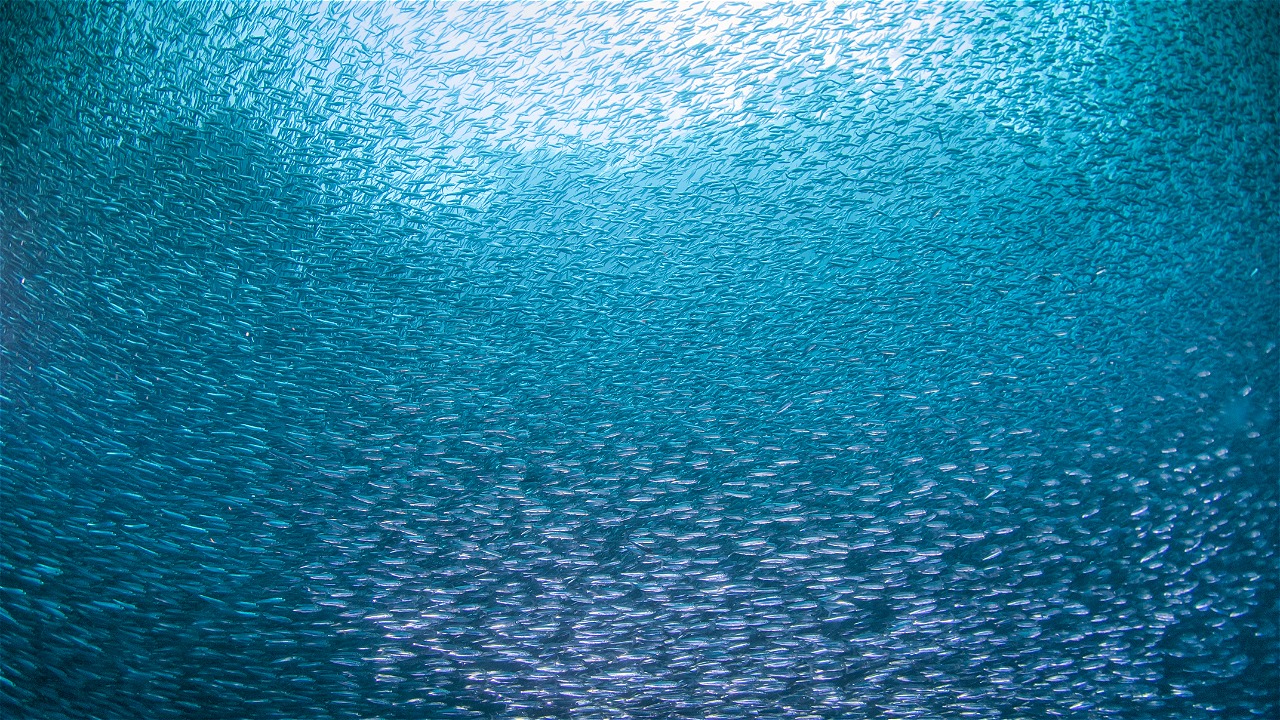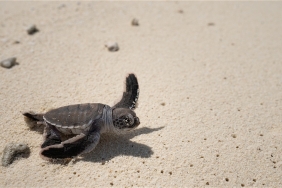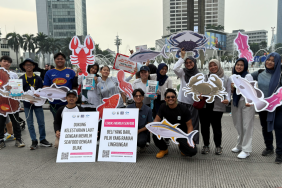THE BLUE REFORMATION OF FISHERY BUSINESS IN INDONESIA
By: Wiro N Wirandi
Total world fisheries production taken from a combination of fishing and aquaculture according to the FAO report 2012 has reached 114.6 million metric tons per year or equal to the weight of 13 million African elephants. 95% of the fisheries production commodity is used for human consumption need, while the rest is used for other industrial needs such as for pets’ food mixture, fish bait, as well as aquaculture food mixture.
Fishery business activities contribute greatly to the world economy. For the record, currently 37% of the world commerce is controlled by products made from fishery raw materials. More than 200 countries export fish and its processed commodities up to the value of 90 billion USD. It should be noted that 80% of the world fish production comes from developing countries.
Export of fish and its processed commodities in 2010 has increased by 56.6% from 1996. The increase was triggered by many foreign companies that invest directly or cooperate with local companies in developing countries, and thus made the harvest capacity creeping up. The fish export trend began to shift from raw commodity to processed products with high economical value such as tuna, snapper and shrimp.
Fishery business provides direct and indirect benefits to human welfare. An estimated 43.5 million people worldwide depend their welfare on fishery production business. It means that if one person works in the fishery production business, there will be four people working in its secondary sector. There are 170 million people currently listed working in the major fishery industries. If then the number of people who are dependent on the fisheries sector is entered, there will be 520 million people working in this sector, or in other words, 8% of the world population is engaged in this industry and business sector.
The increase in production capacity is not in balance with sustainable management. Report of the Ministry of Maritime Affairs and Fisheries said that 70% of the water is experiencing overfishing. Some species of fish population declined sharply. It directly affects the sustainability of the fishery industry and threatens the decline of workers' earnings. These issues must be addressed quickly and a mechanism of responsible fisheries management must be established to sustain fish resources and its corresponding business.
Approach to responsible fishery business mechanism has been initiated by WWF-Indonesia since 2010. A program called Seafood Savers was born to provide a forum for fishery business people to start changing their fisheries management into a more environmentally friendly management. The goal is to deliver sustainable seafood products for consumers who have environmental insight that will lead to fisheries eco-labelling.
Awareness campaign on the consumers’ side is also intensified by the WWF, ranging from direct campaigns in public spaces, using smart phone technology to develop applications as guidance to choose eco-friendly seafood, to maximizing printed and electronic media to reach a broader public. The goal is only building demand for environmentally friendly products. For Seafood Savers, increasing demand among the consumers means opening opportunities for the penetration of eco-friendly products in the market.
With the synergy between companies and public to produce and buy responsible fishery products, it is expected that fish resources in Indonesia will be maintained for a long term and the welfare of fishermen and fish farmers will be improved in a sustainable manner.
---
Notes: Seafood Savers is a convention of producers, retailers and financial institutions, all of which owns a significant relation to the seafood business. Initiated by WWF-Indonesia, Seafood Savers held its inaugural meeting on October 2009 in which 6 producers and 3 retailers stated their support to the establishment of Seafood Savers. Until today, 5 producers and 2 retailers have sent their formal request to join with Seafood Savers and currently is undergoing process to achieve formal membership. This new initiative of WWF-Indonesia has been fully affirmed by DANIDA (Danish International Development Agency), Packard Foundation, and WWF-Netherland. For further information about Seafood Savers, please click here
Contact:
Wiro N Wirandi, Staff of Seafood Savers Program, WWF-Indonesia, wwirandi@wwf.or.id
Sources:
- FAO
- greenfact.org
- http://www.greenradio.fm/news/latest/3257-perairan-indonesia-over-fishi…





